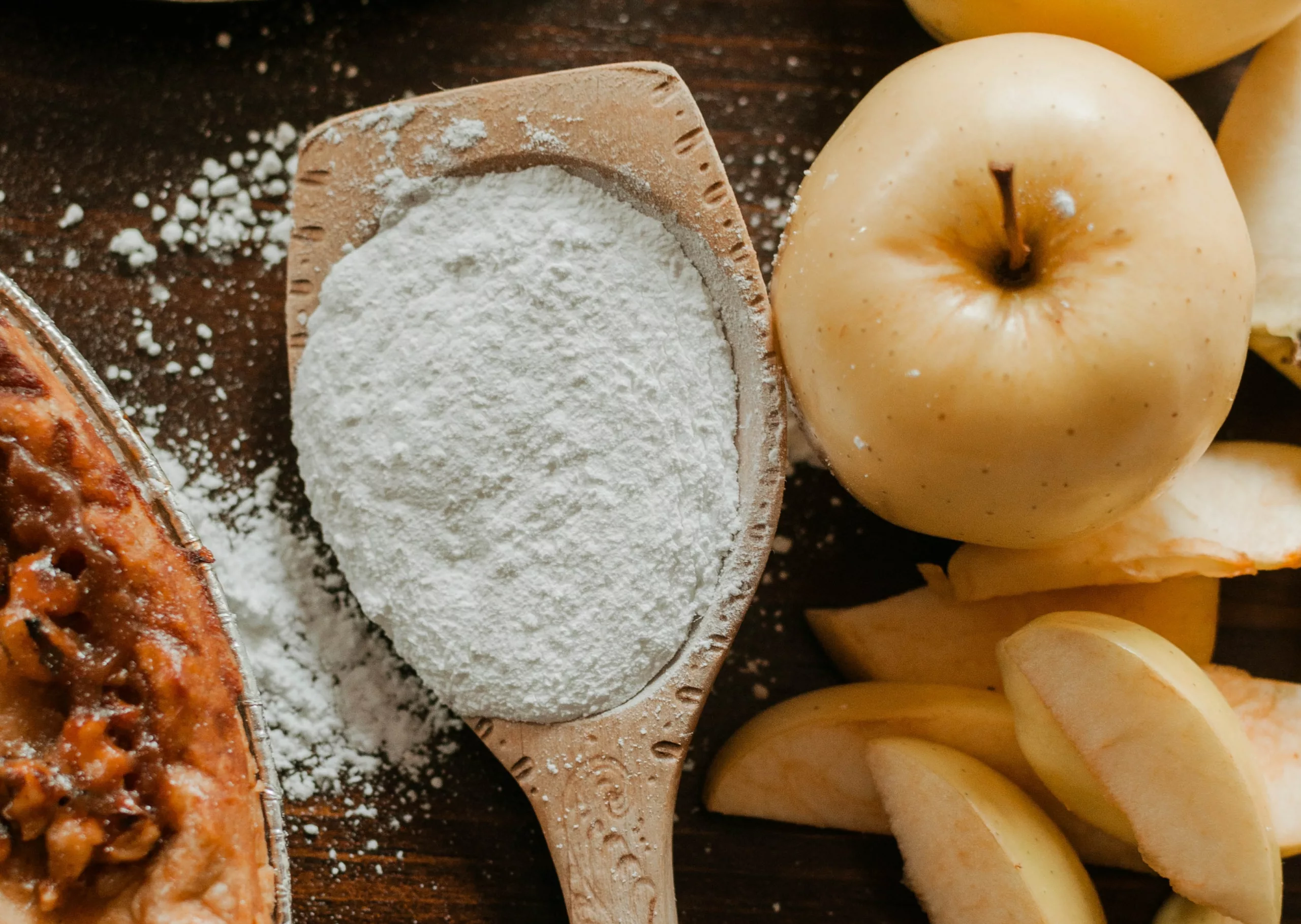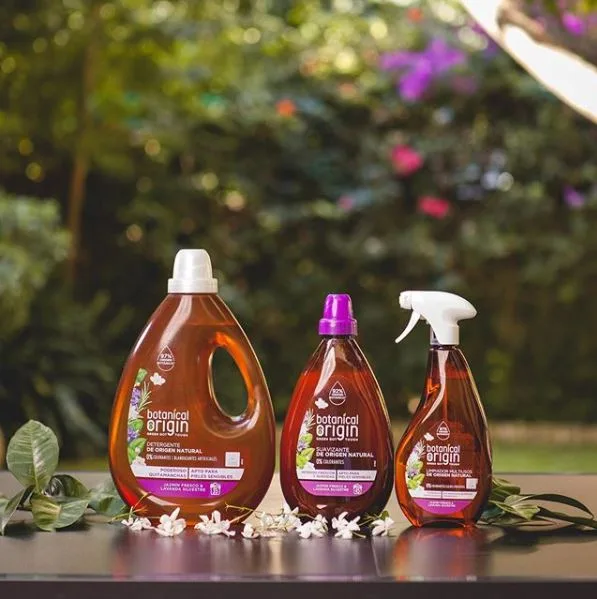In the pursuit of sustainable living, every choice matters – from the vehicles we drive to the foods we consume. As more households look to curate a green kitchen, the spotlight is on sustainable pantry essentials. Enter – Organic baking soda, an eco-friendly must-have that’s making waves in kitchens and bathrooms across the globe.
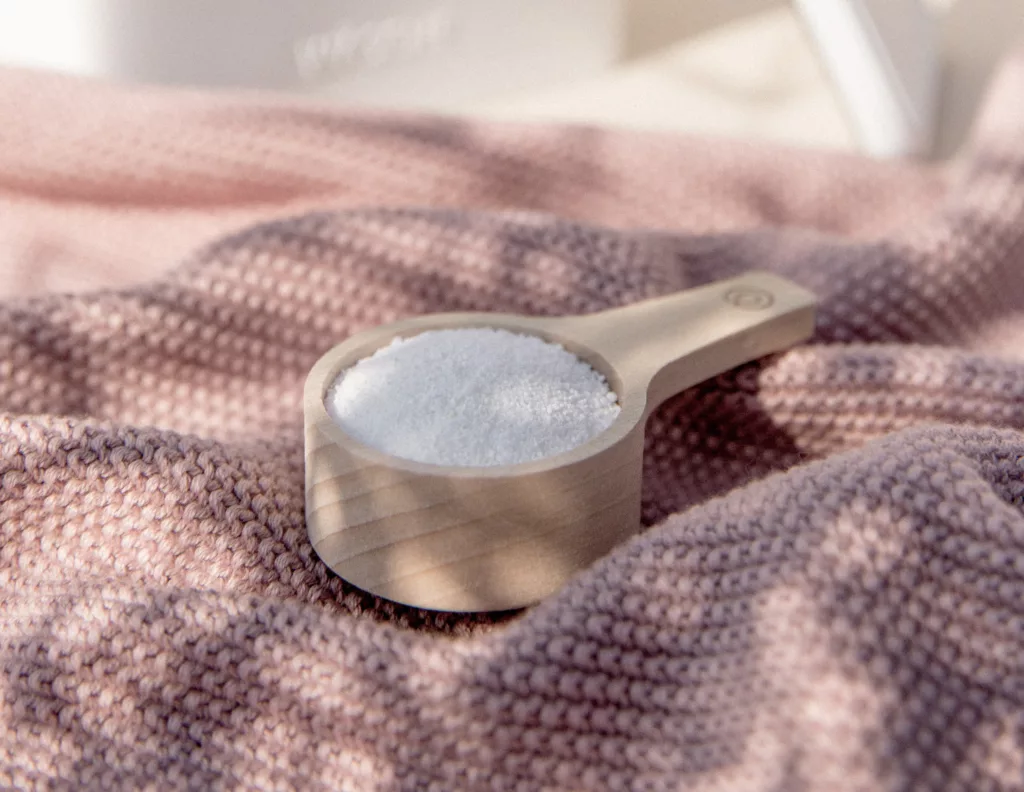
What is Organic Baking Soda?
At its core, organic baking soda is not dramatically different from its conventional counterpart in its chemical structure. However, the distinction lies in its production process. Unlike conventional baking soda, the organic version comes from natural sources without the use of harmful chemicals, perfectly aligning with the benefits of organic products.
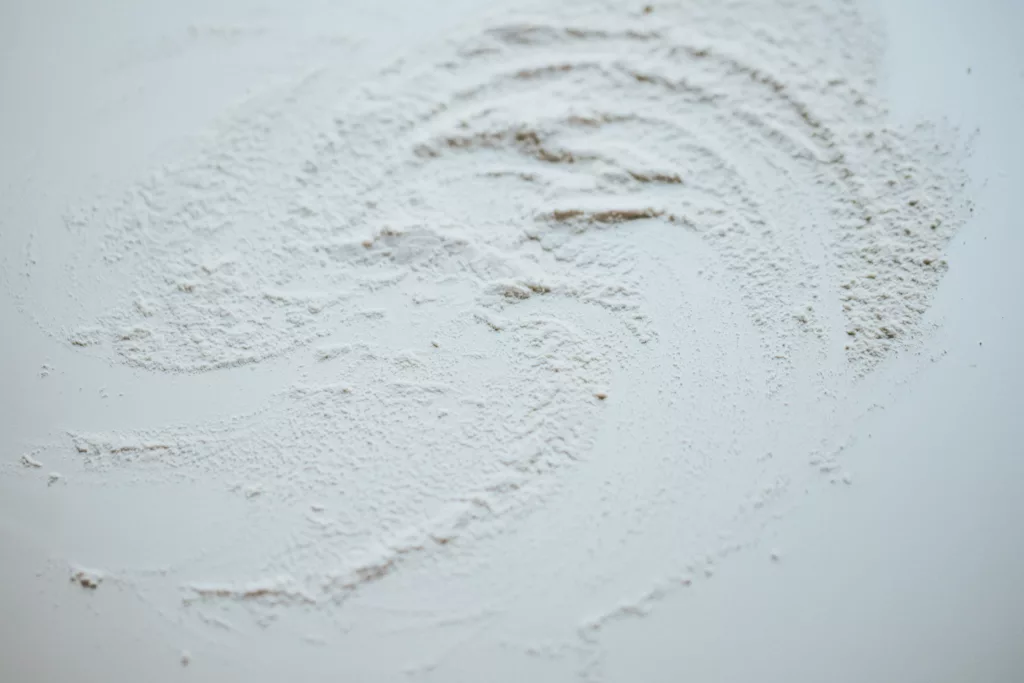
The Production Process of Organic Baking Soda
Organic baking soda’s uniqueness lies not just in its multiple uses but also in the intricate, eco-friendly process of its production. To understand its sustainability quotient, one must comprehend the steps involved in its creation.
Natural Sources
Unlike its conventional counterpart, which might be derived from chemical reactions or mined from trona ore, organic baking soda often comes from nahcolite, a natural form of baking soda. Nahcolite is extracted in a manner that ensures minimal disturbance to the environment.
Chemical-Free Processing
The keyword here is ’organic,’ and it holds weight. No synthetic chemicals or solvents are used in the extraction or purification of baking soda. This not only ensures the safety and purity of the end product but also means fewer chemicals are released into the environment during its production.
Sustainable Farming Practices
For baking sodas sourced from plant-based materials, organic means adhering to sustainable and chemical-free farming practices. This includes using natural pest control methods, crop rotation, and conserving water, leading to healthier soil and reduced environmental impact.
Energy-Efficient Manufacturing
Another key differentiator for organic baking soda is the manufacturing process’s energy efficiency. Manufacturers often aim to use renewable energy sources, which significantly reduces the carbon footprint associated with the product.
Minimal Waste
A conscious effort is made to ensure that waste is minimized during the production process. Any by-products or waste materials are often repurposed, recycled, or safely decomposed, embodying the essence of a circular economy.
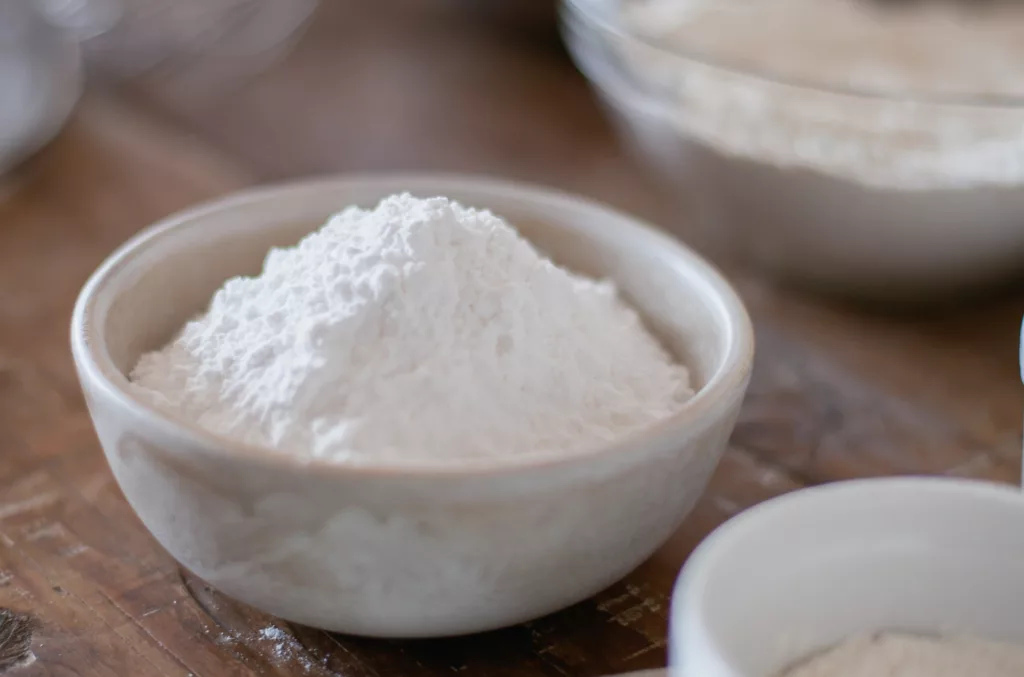
The Benefits of Using Organic Baking Soda
Organic baking soda isn’t just for baking delicious treats – it also has environmental and economic perks! Organic baking soda is a natural superstar that can do wonders for both the environment and your home. Let’s explore how this simple ingredient can make a difference.
Environmental Benefits
Choosing organic baking soda directly contributes to a reduced carbon footprint. Why? The answer lies in sustainable farming practices employed in its production. With a minimized use of chemicals in farming, our environment reaps the benefits – cleaner waterways, reduced soil contamination, and improved air quality.
Health and Safety Benefits
When it comes to our health, there’s no room for compromise. Organic baking soda stands out for its purity. Whether you’re using it for baking, cleaning, or even personal care, you can rest assured there’s an absence of harmful chemicals. This purity translates to safer ingestion during baking and natural cleaning without side effects.
Economic and Social Benefits
Using organic baking soda goes beyond personal benefits. It extends support to organic farmers who are championing sustainable practices. Moreover, because of its multipurpose use – from cleaning to deodorizing – you can experience long-term savings, embodying the essence of a zero-waste lifestyle.

Practical Uses of Organic Baking Soda in the Household
Beyond its role as a rising agent in the realm of baking, this unassuming white powder holds a trove of practical applications that can transform the way we manage our households. From banishing odors to tackling tough stains, organic baking soda emerges as a versatile ally, simplifying our routines while championing a more eco-friendly and budget-conscious lifestyle.
Baking and Cooking
The primary use of baking soda, be it organic or conventional, lies in baking. Acting as a leavening agent, it plays a pivotal role in many recipes. While the taste and texture remain consistent, with the organic variant, you get an added assurance of purity.
Cleaning and Deodorizing
Harness the power of this natural cleaning agent to tackle household chores. Organic baking soda, combined with other biodegradable products, can work wonders in keeping your living space spotless and odor-free.
Beauty and Personal Care
Beyond the pantry, organic baking soda has made its way into the world of beauty. With DIY beauty recipes trending, this eco-friendly baking essential doubles up as a gentle exfoliant for skin and an effective ingredient in homemade haircare solutions.
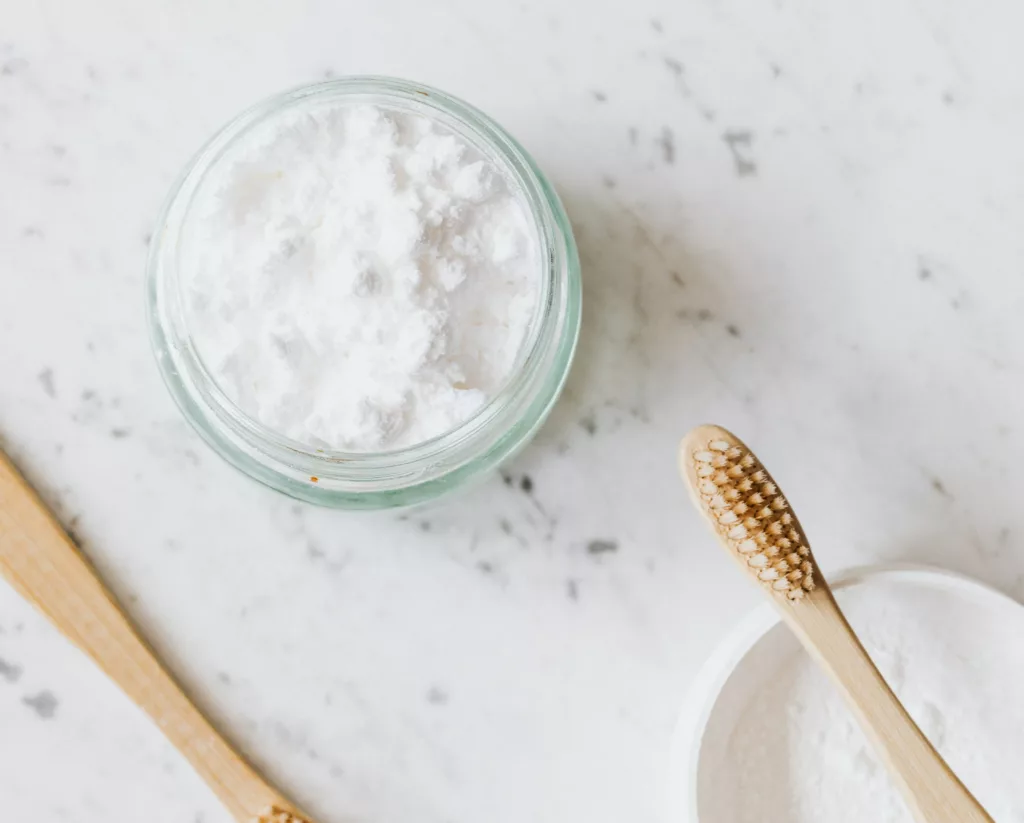
How to Incorporate Organic Baking Soda into Your Zero-Waste Lifestyle
Taking the plunge into a sustainable lifestyle? Begin with small steps. Purchasing organic baking soda in bulk can significantly reduce packaging waste. Additionally, consider reusing and repurposing containers. For a holistic approach, combine baking soda with other sustainable products, ensuring you’re maximizing its environmental benefits and championing the philosophy of conscious consumerism.
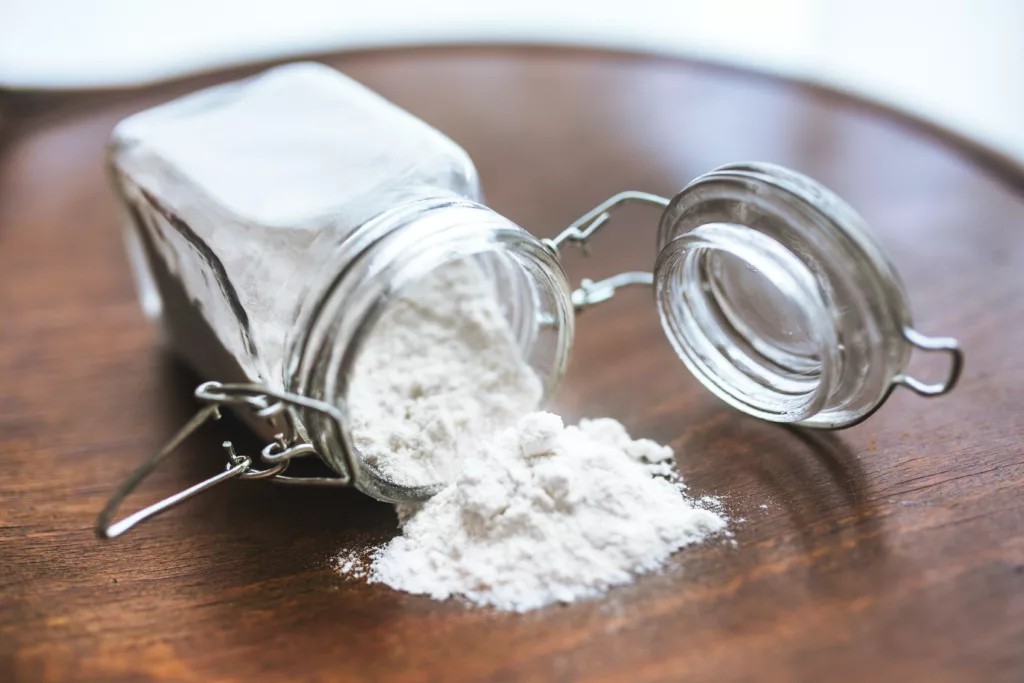
In Conclusion
Environmental benefits of organic farming, the economic advantages of supporting sustainable practices, or the sheer versatility of organic baking soda — there are countless reasons to make the switch. As we redefine our choices, starting with the pantry, let’s prioritize sustainability, making the world a bit greener one choice at a time.
If you’re looking for more ways to make a difference at home, start by shopping from our sustainable, eco-friendly store and discover great products for your pantry!
